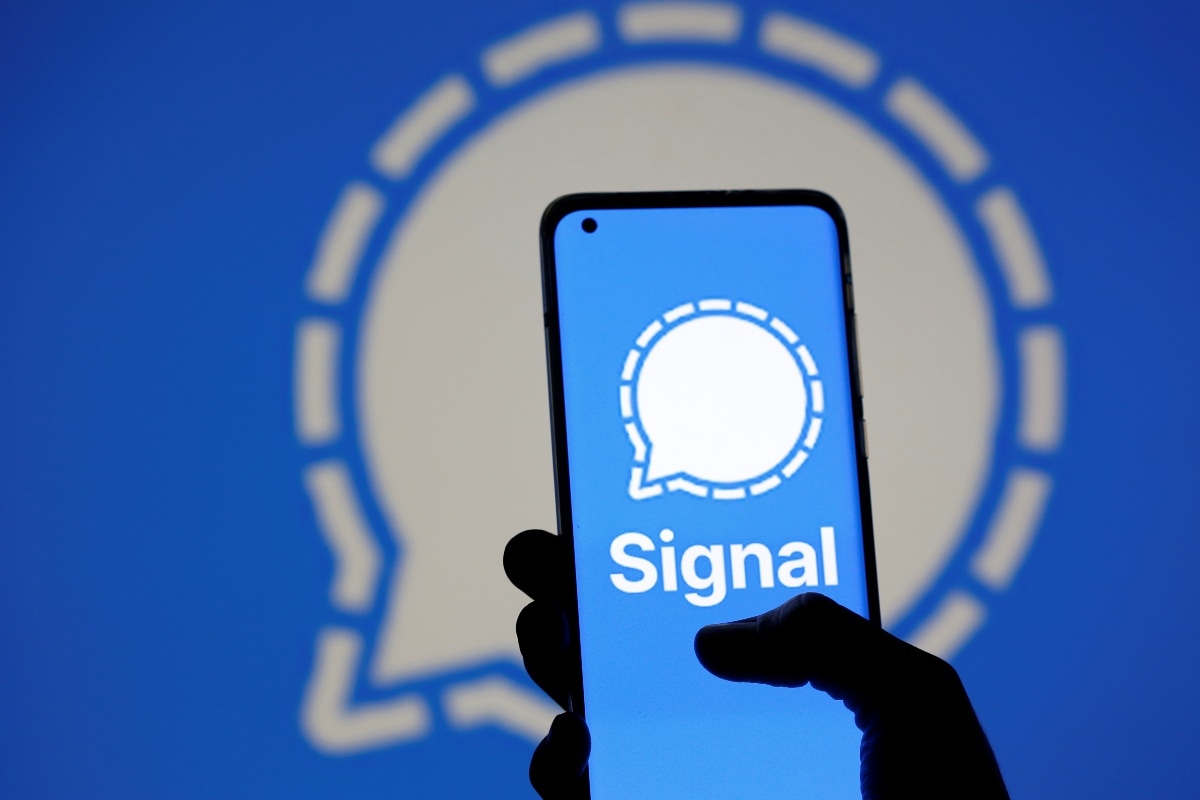Signal, the free and open source end-to-end encrypted messaging service, has become increasingly popular as an alternative to WhatsApp over the past decade with its support for end-to-end encrypted calls and messages. The feature is designed to prevent anyone except the sender and the intended recipient from accessing calls and messages sent on the app. In a recent interview, the president of the non-profit organisation behind Signal reportedly stated that the service would rather exit a country rather than compromise on its encryption. The statement assumes significance in light of efforts by governments around the world, including the government of India, to weaken encryption offered by messaging services. It is worth noting that the draft Indian Telecommunications Bill proposes to expand the scope of surveillance to ‘telecommunications services or telecommunication network’, which could include apps like Signal and WhatsApp.
In an interview with The Verge, Signal Foundation President Meredith Whittaker stated that the non-profit would not hand over the keys to Signal’s encryption, and that it would not break the encryption that protects the messages of its users in response to a government demand. “In fact, with the way we are built, we don’t have access to those keys,” she explained. The non-federated Signal Protocol used to protect messages on Signal is also used to encrypt messages on WhatsApp. The optional end-to-end encrypted mode on Facebook Messenger also relies on the same protocol.
Whittaker was responding to a question on whether Signal would rather walk away from a country if its government demanded access to the service’s encryption keys. Encrypted messaging services have increasingly faced calls from various governments around the world, including Australia, the UK, and India, to weaken their encryption or to provide the government with access to messages. Meanwhile, Signal is effectively blocked in China, while the app offers a censorship circumvention feature that is designed to block censors in other regions.
While the executive did not specify a country in her response, it is worth noting that the draft India Telecommunications Bill, 2022, which aims to reform the country’s telecom regulatory framework, could end up weakening the security of messaging services operating in India. Clause 24(2) of the draft bill aims to widen surveillance of ‘telecommunications services or telecommunication network’. The definitions sections for telecommunications services includes over-the-top (OTT) communication services, internet-based communications, Internet and broadband services.
As a result, messaging services like Signal and WhatsApp, which offer end-to-end encrypted messaging may be forced to intercept and disclose users’ messages. The draft bill has been criticised by several groups, including United States-based Access Now and India’s Internet Freedom Foundation and Software Freedom Law Centre.
“If encryption is broken, it is broken. If Signal doesn’t keep its privacy promises, then there is no real point for us to exist as a non-profit whose sole mission is to provide a safe, private, pleasant place for messaging and communication in a world where those are vanishingly few and far between” she told The Verge.
When asked about whether Signal would exit India or fight a demand to provide a backdoor to access messages, Whittaker stated that the service was still available to people in India who want to use Signal. “We are not going to compromise on privacy, and that is our stance. We will do everything we can to continue to be available to the people in India who want and need Signal,” she added.
The Department of Telecommunication (DoT) recently extended the last date for receipt of public comments on the draft Telecom Bill till October 30, 2022.

